Every Frame A Film School
"Film school is for fools.”
That quote could have easily been said by any number of people. The bitter kid who’s college application has just been rejected. The pretentious collegiate who considers the world’s most popular form of entertainment - movies - to somehow be beneath them. However, this particular quote is from none other than the Oscar nominated writer/director Terry Gilliam.
If you’re just starting out and you envision a future where you are a top dog director, it’s likely that you’re considering whether or not film school is for you. When looking at the successful auteurs that you consider role models, it’s uncanny how many of them share a common hatred for film school. Christopher Nolan, Julie Taymore, James Cameron, Robert Rodriguez, Paul Thomas Anderson, Tarantino and Scorsese are just some of the recognizable names of top tier directors who have publicly criticized the notion that the classroom is the best place for creativity to thrive. Is it pure arrogance that makes these artists reject the status quo or is there something about the confines of traditional education that doesn’t allow the free spirited expression of true artists to flourish?
"There is a scary mentality in film schools,” explains eight time Academy Award nominee Paul Thomas Anderson in an interview with Charlie Rose. “I walk into a film class about screenwriting and the opening line is ‘If you’re here to write Terminator 2 then just leave now!' I thought, well that’s terrible. There could be a kid in the corner that wants to write Terminator 2. That’s his vision.”
When you look at the work of those who criticize film school, you’re not looking at the work of uneducated idiots who’ve been mistakenly entrusted with a budget and a film camera. On the contrary, these artists have been held up as the pinnacles of modern film artistry. So that begs the question, How did they learn their craft without film school?
If P. T. Anderson were to start his own film school maybe we could learn his secret. However, in many ways, PTA has already started a film school and you’re already enrolled.
“My film education really came from watching other movies.” It’s a sentiment that isn't just reserved for the likes of arthouse directors like PTA. Speaking of Terminator 2, director James Cameron - the man behind two of the top 10 highest grossing films of all time - said, "One of the best things that happened to me was that I didn’t go to film school.”
Every frame of film that’s ever been shot is film school - film education through osmosis. The top film schools in the world charge $90,000 and a Netflix subscription is $5.99 a month. It sounds too good to be true, doesn’t it? Just sit back with some popcorn and let yourself be entertained until you’re a genius. If you’re thinking it’s going to be that easy then clearly you haven’t watched enough film. Going to the movies isn’t always a great experience. While not directly writing about film, Stephen King mused upon this in his non-fiction book On Writing, “We read to experience the mediocre and the outright rotten; such experience helps us to recognize those things when they begin to creep into our own work, and to steer clear of them."
Sometimes you have more to learn from a bad movie then you do a good film. Every day bad movies are made by people with good taste. Take for example one of the most prolific film critics of all time, Roger Ebert. Clearly the man had an ability to recognize talent. His list of Top 10 Films of all time features unquestionably brilliant selections like Citizen Kane and Apocalypse Now. However, Ebert was a failed filmmaker himself with credits including such flops as Beyond the Valley of the Dolls. Clearly osmosis didn’t work for him. Maybe he just lacked the practice.
While many great directors dis film school and praise going to the movies, that’s not the only advice they give. They don’t just encourage you to passively watch films, but rather they know it’s critical to get your hands dirty. Listen to uncle Tarantino, “Trying to make a feature film yourself with no money is the best film school you can do.”
Grandfather Scorsese admitted that he only went to college because he needed access to film equipment. Today technology has turned us all into content creators for better or for worse. Getting your art seen is a test of ego. The reception of your work can make you feel like the most talented person on the planet or like a charlatan that’s finally been discovered. The most stifling thing any artist can do is to hide behind one of the many roadblocks on the obstacle course that ends in success. Fear of not being good enough is something all artists struggle with. Don’t let the fear of being exposed as subpar hold you back from getting your hands dirty. Instead, use the fear to motivate you to work even harder at being great.
Many people who have a film degree are extremely talented, but that degree in itself does not mean that they are more inherently talented than you are. A degree is an easy disguise for those with means who lack raw talent. If you’re going to take the route of the rebel auteur and you don’t plan to have a degree to fall back on, then you have no time for narcissism.
"Live and learn how to make films,” preaches Terry Gilliam. "I didn’t go to film school… My greater education was actually making films, so that’s all I would ever say: watch movies, get a camera, make a movie. And if you do it enough times, eventually you start learning how films are made.”


